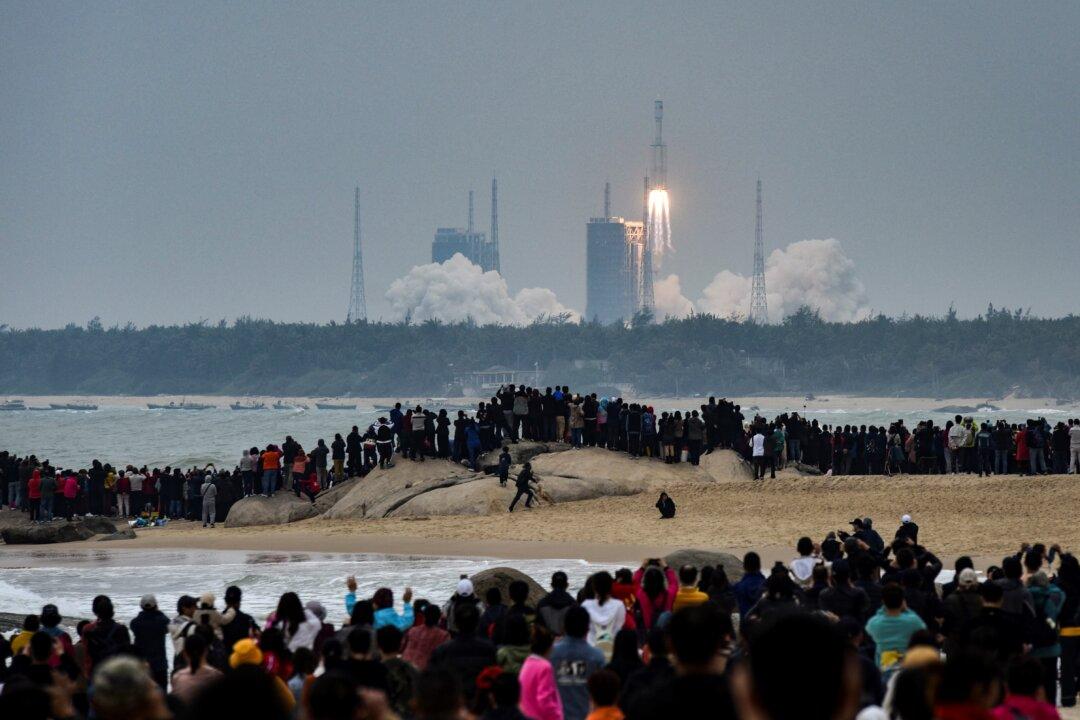Communist China is planning to double the size of its space station over the next several years. The plan is part of a larger effort to lure international space missions away from U.S.-led missions when NASA closes its International Space Station (ISS).
China plans to expand its station, the Celestial Palace, to six modules from three. The lifespan of the facility will also be increased to more than 15 years from 10 years.




